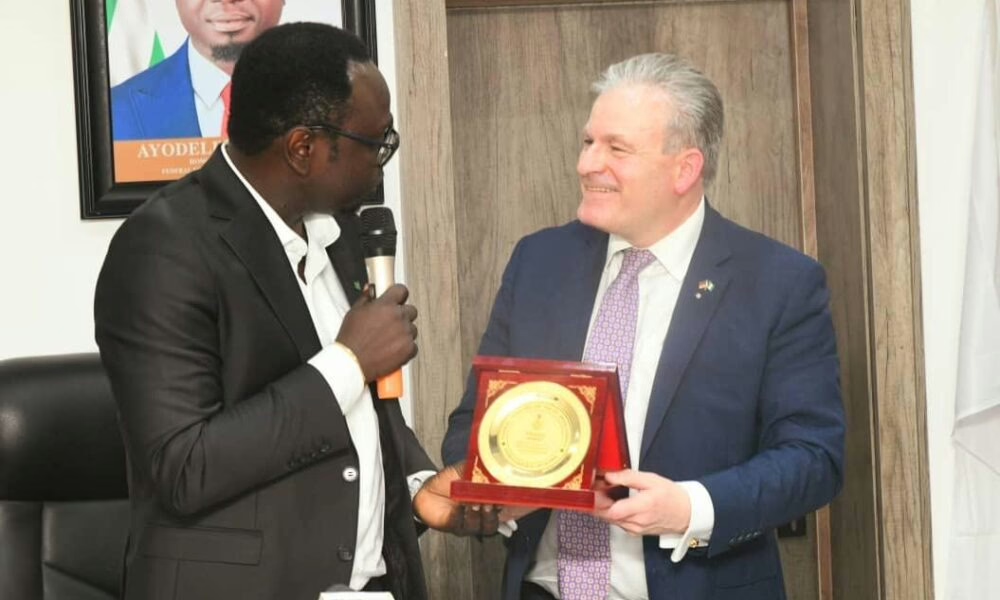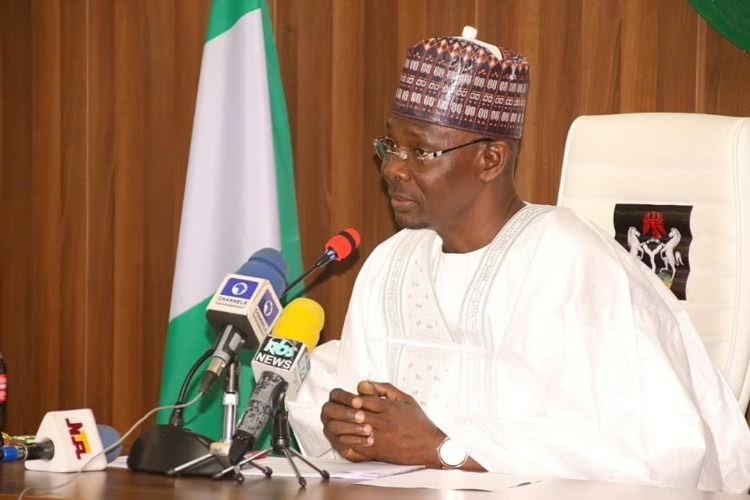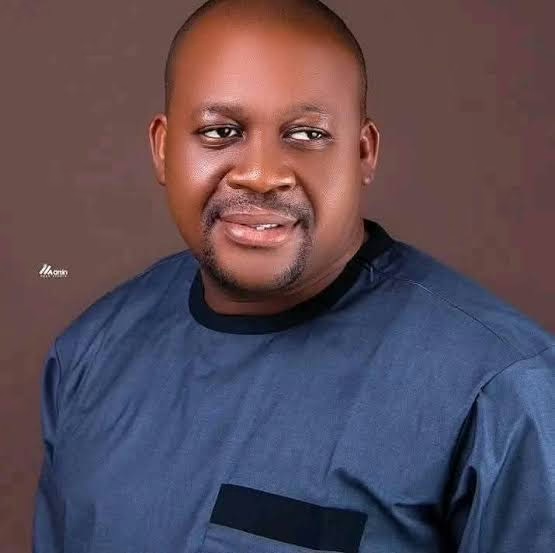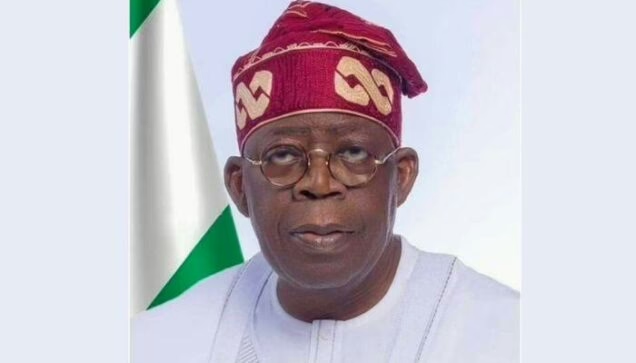To kneel or not to kneel?
Stephen Angbulu
Genuflecting is a common way to show respect for monarchs or elders in Nigeria. But what about elected officials, such as Presidents or Governors?
In Nigerian politics, especially in the Fourth Republic, newly elected governors often present their Certificates of Return to the president. When a governor-elect, particularly from the same political party, presents their Certificate to the president, it is usually seen as a readiness to be loyal to and cooperate with the president’s administration.
Like a bride-to-be looking forward to her wedding day, most Governors-elect need extra composure not to goof in that moment. While there is no formal requirement for this gesture, some new governors prioritise it over their #1 stakeholders: the people who elected them. This is because, in nearly all political settings, loyalty to party leadership and influential figures—especially the president—often determine how well your boat sails.
Last Thursday afternoon marked another such moment. Edo State Governor-elect, Monday Okpebholo, and his deputy, Dennis Idahosa, were ushered into the Aso Rock Villa to see President Bola Tinubu. A week earlier, Okpebholo was merely one of 17 candidates jostling for the Edo governorship seat in what was arguably the tightest race yet.
But their fortunes shifted last Sunday evening when INEC’s Returning Officer for the poll, Prof Faruk Kuta, declared, “That Okpebholo Monday of All Progressives Congress, having satisfied the requirement of the law, is hereby declared the winner and is returned elected.”
Their closest rivals, Asue Ighodalo of the Peoples Democratic Party and Olumide Akpata of the Labour Party, quickly rejected the results, citing irregularities like vote-buying and manipulation of results.
As the opposition kicked, Okpebholo and Idahosa climbed the stairs leading to the President’s office, clutching their certificates of return in their left hands. They were accompanied by the APC national chairman, Abdullahi Ganduje, former Edo Governor, Adams Oshiomhole, and several state governors.
Footage from the meeting showed a short handshake and photo session with the President before talks commenced. It captured Okpebholo kneeling and removing his cap while shaking the president’s hand.
His deputy, Idahosa, followed suit but kept his cap on. Others in attendance showed their respect in the postures they knew best. However, seeing the governor-elect and his deputy kneeling before the president split citizens into two camps.
Some praised the duo for adhering to African traditions of respect and honour. Others, especially from Edo State, criticised the gesture, calling it an excessive show of loyalty in a democratic setting. For them, the issue was not about kneeling but about who was doing it—the new leaders of a 33-year-old, oil-rich state. They worried that this act might portend a culture of excessive deference and even deify the president.
Americans faced a similar concern in July 1963 when their first Catholic president, John F. Kennedy, was to meet Pope Paul VI, who doubled as President of the Vatican. Kennedy was expected to kneel before the holy father and kiss the papal ring on his right hand, a gesture that many feared would confirm the Vatican’s influence over him.
When the moment came, both men simply shook hands. Kennedy’s decision to avoid kneeling was seen as a deliberate statement that he could operate independently as President of the United States.
With the 1964 Presidential elections looming, Kennedy reportedly knew the importance of the gesture, even remarking to an aide that the handshake would win him “a lot of votes in South Carolina,” where his Catholic faith was a contentious matter.
Online reactions to Okpebholo and Idahosa’s kneeling varied. A netizen tweeting with the handle @acresofsaphire wrote, “It is finished!” Another with the moniker Mezu commented, “This is someone who should be thanking the people of Edo State.” Yet another said, “It’s a culture borne out of respect, which is common amongst us Nigerians. Regardless of the outcome of the election, every other political office seeker will do the same to their so-called godfather.”
Meanwhile, @Aworldfoundati8 remarked, “Let’s be clear about something here; kneeling to greet the president is nothing but an act of being LUKUMÍ and OMOLUABI. Our president has done that to the northern elders countless times.”
This user probably referred to a meeting at the Villa in May where President Tinubu bowed to greet 93-year-old Kano-based elder statesman and philanthropist, Aminu Dantata. At the time, some joked, “If you don’t know them, you’d think Dantata is the President and Tinubu is the visitor.”
But a media aide to former President Goodluck Jonathan, Mr Reno Omokri, replied, “The beauty of Yoruba culture was again on display yesterday, Tuesday, May 19, 2024, when President Bola Tinubu bowed down to greet 93-year-old Alhaji Aminu Dantata. Two things that the Yoruba respect. Age and authority…this act of humility shows the highest ethos of Omoluabi culture.”
The Edo Governor-elect is not alone. When President Tinubu swore in his ministers in August 2023, some, like Tourism Minister Lola Ade-John, knelt to greet him after taking the oath of office.
Steel Development Minister, Shuaibu Audu, even laid flat on the ground before the President. Like a three-year-old full of energy on his birthday, Audu had to be nudged twice by Tinubu and the Senate President to pose for the official photo.
While officials can show honour in various ways, it should not become sycophantic behaviour that hinders service to their people. Okpebholo and Ighodalo may kneel all they want, but Edo citizens want their loyalty to the president to translate into action that improves the quality of living.
Ultimately, the President they revere is the country’s top public servant. Their loyalty should extend beyond him to their people.
To kneel or not to kneel, what do you think?











